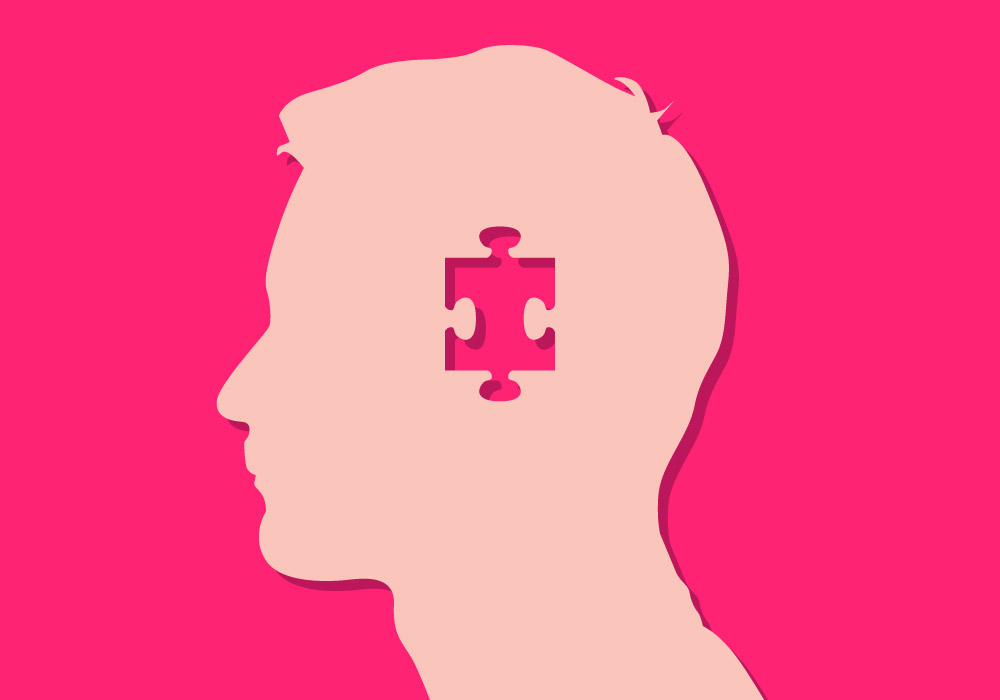
A new study finds that people who are depressed and respond strongly to placebo treatments also reap the most benefit when they’re given real antidepressants.
The new paper, published in the journal JAMA Psychiatry, looks at the unique relationship between placebo and depression treatment. Placebo effect accounts for anywhere from 30-45% of response to antidepressants, data shows. And even though antidepressants are the third most common prescription drug taken by Americans, there remains a lot medical experts do not understand about their function, or why they appear to work better in some people over others.
In the new trial, published Wednesday, the researchers focused on the mu-opioid system in the brain, colloquially referred to as the brain’s “painkiller system.” The researchers had 35 people with major depressive disorder take a new depression drug (which was actually a placebo) before taking drugs already proven to treat depression. The researchers found that the men and women who reported the greatest improvement in depression symptoms after taking placebo pills also showed the greatest mu-opioid system response in the brain, which was determined through brain scans.
These same people were also more likely to have better results when they took the real antidepressants. The response to the placebo pills predicted 43% of the variance in the response users had to the antidepressants.
That’s meaningful, say the researchers, because the vexing placebo factor in previous antidepressant research has led the field to stall somewhat, causing “the reduction or discontinuation of research on new treatments for depression and other neuropsychiatric illnesses,” the University of Michigan researchers write.
The researchers say their findings can help drug developers parse the effects people are getting from depression drugs versus a placebo effect. Understanding how well a person responds to placebo could also inform a treatment plan, according to the new paper.
“The findings show that the response to medications, in this case antidepressants in major depression, is a complex process that also engages internal mechanisms of resiliency as well as the potential effects of medications,” says study author Dr. Jon-Kar Zubieta, chair of the Department of Psychiatry at the University of Utah (formerly at Michigan).
“Examining the source of individual variations in the capacity to engage those resiliency mechanisms provides new targets for drug development to enhance those mechanisms. It may also suggest that some individuals may respond to enhancements in the treating environment, since that is thought to underlie the formation of placebo effects. For example, therapies or improved clinician-patient interactions.”
The study size is small, but the researchers argue that the findings suggest that some people are highly response to the intention of treating their depression.
If the findings hold true, treatments for depression could be enhanced if therapies—drug and non-drug—focused on encouraging a person’s natural resiliency. Exactly how to go about that will still need to be determined.
More Must-Reads From TIME
- The 100 Most Influential People of 2024
- Coco Gauff Is Playing for Herself Now
- Scenes From Pro-Palestinian Encampments Across U.S. Universities
- 6 Compliments That Land Every Time
- If You're Dating Right Now , You're Brave: Column
- The AI That Could Heal a Divided Internet
- Fallout Is a Brilliant Model for the Future of Video Game Adaptations
- Want Weekly Recs on What to Watch, Read, and More? Sign Up for Worth Your Time
Contact us at letters@time.com